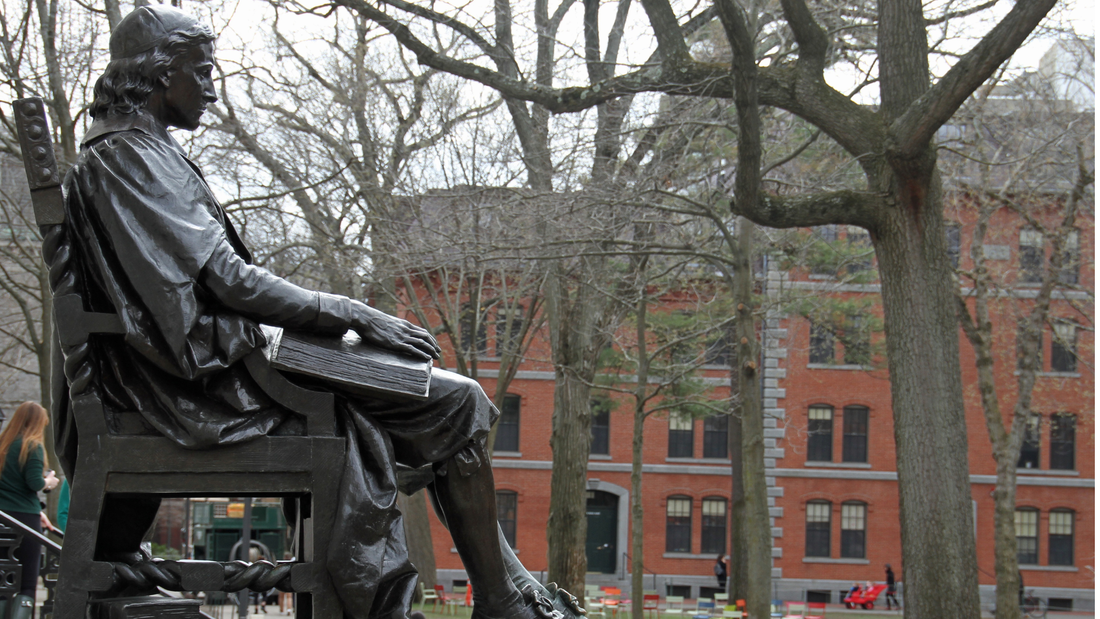|
An op-ed penned by two Harvard professors announces the creation of an academic freedom council to actively protect free speech on that campus. In an op-ed in The Boston Globe, this document declares its purpose as boldly as if it had been nailed to a church door.
Celebrity author and psychologist Steven Pinker and Bertha Madras of Harvard begin their piece by detailing the sorry state of affairs in academia – viral videos of professors being mobbed, cursed, heckled into silence, and sometimes assaulted. They quote the Foundation for Individual Rights and Expression that of the 877 attempts to punish scholars across the United States for expression protected by the First Amendment, there were 114 incidents of censorship and 156 firings. “More,” they note, “than during the McCarthy era.” After detailing the value of open inquiry – apparently, remedial education for some in higher education – Pinker and Madras describe the corruption of ideas caused by censorship. Even when the academic consensus is almost undoubtedly correct, many will still distrust the truth because it “comes out of a clique that brooks no dissent.” Pinker and Madras also describe the incentives that allow those intent on intimidation to take over a campus that once housed the first printing press in British North America. “A cadre of activists may find meaning and purpose in their cause and be willing to stop at nothing to prosecute it, while a larger number may disagree but feel they have other things to do with their time than push back,” they write. “The activists command an expanding arsenal of asymmetric warfare, including the ability to disrupt events, the power to muster physical or electronic mobs on social media, and a willingness to smear their targets with crippling accusations of racism, sexism, or transphobia in a society that rightly abhors them.” And don’t expect an “exploding bureaucracy for policing harassment and discrimination” to be helpful when their professional interests “are not necessarily aligned with the production and transmission of knowledge.” Things are made even worse, they write, when “right-wing muscle” attempts to offset “left-wing muscle” by passing laws to stipulate the content of higher education. To correct this imbalance, Pinker and Madras announced the creation of a Council on Academic Freedom at Harvard. “When an individual is threatened or slandered for a scholarly opinion, which can be emotionally devastating, we will lend our personal and professional support,” they write. “When activists are shouting into an administrator’s ear, we will speak calmly but vigorously into the other one, which will require them to take the reasoned rather than the easy way out.” As of this writing, over one hundred Harvard faculty and staff have signed on to the council. With such leadership at one of the premier universities of the nation, we would not be surprised to see councils on academic freedom pop up on campuses around the country. Comments are closed.
|
Archives
June 2024
Categories
All
|
ABOUT |
ISSUES |
TAKE ACTION |



 RSS Feed
RSS Feed